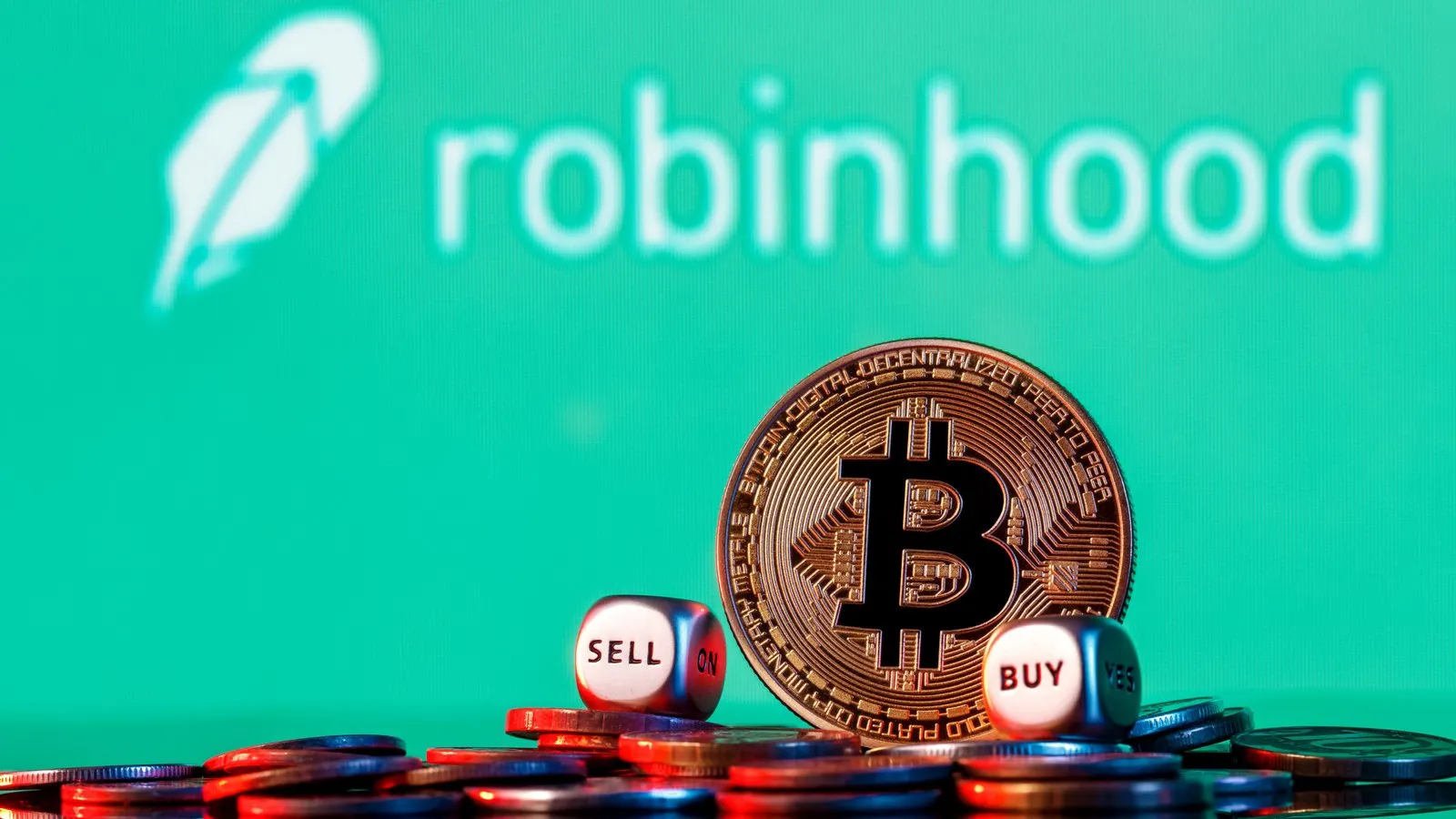Robinhood CEO Vlad Tenev has become Wall Street’s latest power player to blast a wave of enforcement action notices from the Securities and Exchange Commission (SEC).
The retail trading platform disclosed Friday that it had received a Wells Notice from the SEC. Put on notice that an enforcement action could be coming, Robinhood Crypto said the agency had previously scrutinized its token listings and crypto custody practices in a filing.
“The SEC’s continued attack on crypto, coupled with recent rule proposals, [...] mark yet another improper attempt by the administrative state to stifle innovation,” Tenev said in a Twitter post Monday, describing a “regulatory onslaught” that has hamstrung American firms and investors.
Following similar warnings sent to the Ethereum giant Consensys and Uniswap maker Uniswap Labs, Robinhood Crypto finds itself as a distinct target in the SEC’s crosshairs. Robinhood isn’t a crypto-native company, but began offering investors Bitcoin and Ethereum through its app in 2018. Over the years, it’s also claimed to grow those offerings cautiously through its crypto arm.
Over the last three years, we’ve reached a state of regulatory onslaught that is harmful to American companies and consumers. The SEC’s continued attack on crypto, coupled with recent rule proposals like the one related to predictive data analytics, mark yet another improper…
— Vlad Tenev (@vladtenev) May 6, 2024
Testifying before lawmakers on Capitol Hill last year, Robinhood Markets Chief Legal, Compliance, and Corporate Affairs Officer Dan Gallagher said the firm’s choices are motivated by a “safety-first” approach. That includes a conscious choice not to offer customers products involving crypto lending or staking, where investors can delegate tokens to a network and receive rewards.
“Unlike some of our competitors that have grown quickly and list hundreds of digital assets on their platform, Robinhood Crypto has taken a more conservative approach,” Gallagher said, adding that it “does not list digital asset securities” among the 18 tokens available on its platform.
After the SEC sued Binance and Coinbase last year, however, Robinhood Crypto moved to end support for tokens the SEC claimed to be securities. The firm’s U.S. users lost access to trading altcoins such as Cardano (ADA), Polygon (MATIC), and Solana (SOL) in a few weeks.
During his testimony, Gallagher, who served as an SEC Commissioner from 2011 to 2015, also said it was “critical” to address the lack of regulatory clarity in crypto, so companies need not worry about “the constant threat of crippling enforcement actions.”
Robinhood Crypto has encountered regulatory hurdles before. Penalized by the New York Department of Financial Services in 2022, the company paid $30 million to settle charges over alleged compliance failures regarding its cybersecurity and transaction monitoring practices.
On top of that, Robinhood agreed to pay $65 million in 2020 to settle charges brought by the SEC over misleading statements allegedly made to investors. Then in 2021, the Financial Industry Regulatory Authority ordered Robinhood to pay a $70 million fine over “widespread and significant harm suffered by customers”—levying its largest-ever financial penalty.
Nonetheless, Tenev said that Robinhood Crypto isn’t afraid of a court battle with Wall Street’s top regulator on Twitter Monday. He said. “While we strive to maintain positive and productive relationships with our regulators, if necessary we will use our resources to contest this matter in the courts.”
Edited by Andrew Hayward

